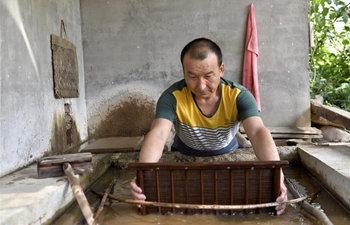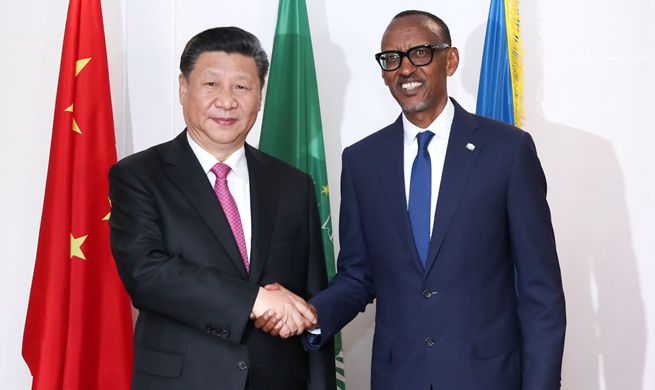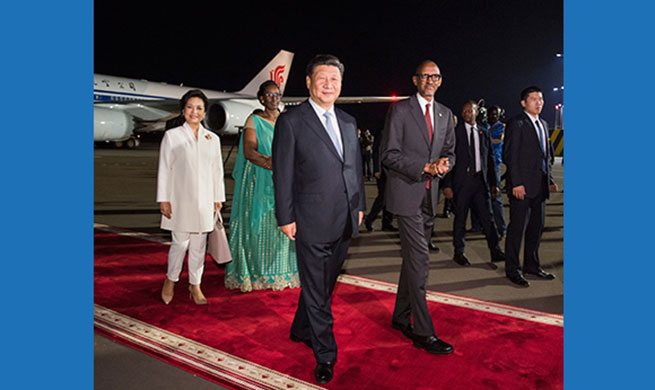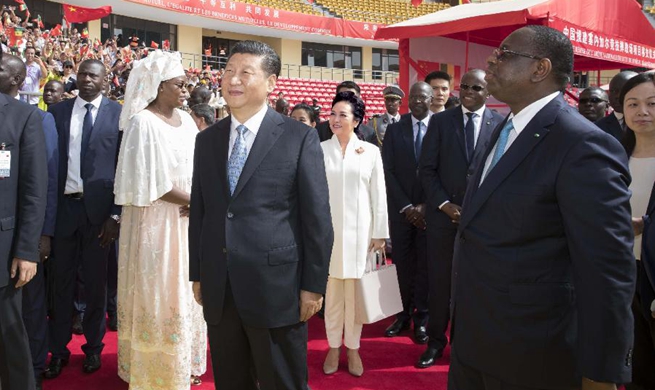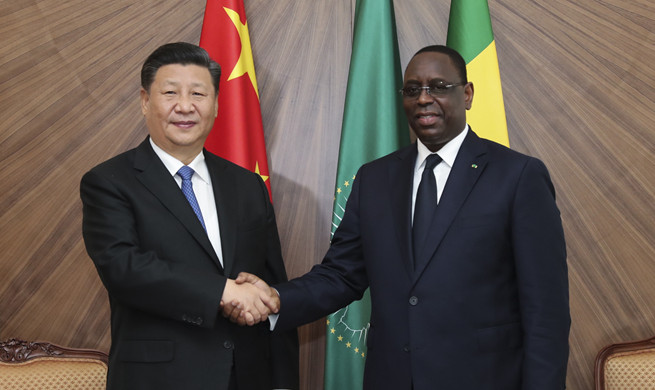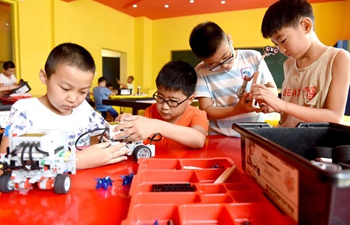AMSTERDAM, The Netherlands, July 23 (Xinhua) -- The 22nd International AIDS Conference (AIDS 2018) opened here on Monday afternoon with a focus on the major new investments, science-based policies and the political will needed to put the HIV response back on track.
"The biggest barriers now to ending the epidemic are ideologically and politically driven. Together, we will hold policy makers and donors accountable to the evidence - the end of AIDS will only come from prioritizing science-based policies, ensuring adequate funding and working hard together to be certain that no one is left behind," said Linda-Gail Bekker, President of the International AIDS Society (IAS) and International Scientific Chair of AIDS 2018.
HIV continues to be a major global public health issue, having claimed more than 35 million lives so far. In 2017, 940,000 people died from HIV-related causes globally, according to statistics from the World Health Organisation (WHO).
There were approximately 36.9 million people living with HIV at the end of 2017 with 1.8 million people becoming newly infected in 2017 globally. In 2017, 59 percent of adults and 52 percent of children living with HIV were receiving lifelong antiretroviral therapy (ART).
The WHO African Region is the most affected region, with 25.7 million people living with HIV in 2017. The African region also accounts for over two thirds of the global total of new HIV infections.
"No one should go without treatment or die from HIV because of lack of access to basic healthcare," said WHO Director General Tedros Adhanom Ghebreyesus. "HIV prevention and care must be part of the fight for universal health coverage. That means recognizing universal health coverage as a right for all people, no matter how marginalized."
Prior to the opening of Conference, ministers of health and senior policy-makers from 10 countries in eastern Europe and central Asia (EECA) gathered for a ministerial policy dialogue.
The WHO European Region (which comprises 53 countries) is the only WHO region where new HIV infections are increasing, with a persisting trend. In 2016, more than 160,000 new HIV infections were diagnosed with nearly 80 percent of them in countries of EECA. As of 2017, about one fifth of all people living with HIV in the Region are unaware of their infection, including one quarter in EECA, and half of those aware are diagnosed late.
"When there are evidence-based approaches to revert the course of the HIV epidemic in our Region, we cannot afford doing 'business as usual'," said Dr Zsuzsanna Jakab, WHO Regional Director for Europe.
"We need urgent collective action in line with the 2030 Agenda for Sustainable Development and other global and regional policy frameworks. We will not be able to attain the Sustainable Development Goals if we do not manage to reverse the incidence of HIV and curb its epidemic," she continued.
The International AIDS Conference is the largest gathering on HIV and AIDS in the world. First convened during the peak of the AIDS epidemic in 1985, its 22nd edition gathered more than 15,000 participants under the theme "Breaking Barriers Building Bridges".
The five-day event will feature the latest science on innovations in treatment, cure and prevention and the new on-the-ground strategies to address inequities in HIV policies and programs.


